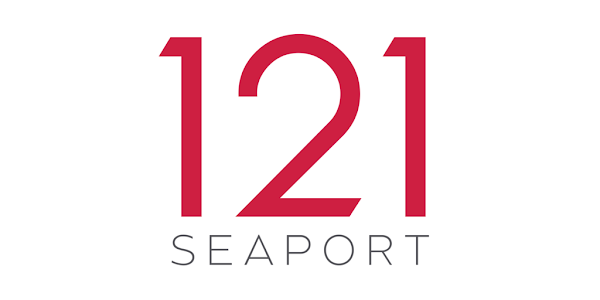Flood & Water Leak
Tenant is responsible for maintaining insurance throughout the term of lease upon all contents of the premises including Tenant’s equipment and that owned by others, and any alterations, additions, fixtures, or improvements in the premises. Any new installation or replacement of a hot water heater shall require that an automatic leak detector and water shutoff be included as an integral part of the installation. All new water heaters shall be floor mounted, whenever possible.
Flood insurance and water damage are two different perils. Water is synonymous with flood, which is the overflow of a body of water. The source of water must be outside the insured building and foundation - or under it. Sewer back up is another kind of water peril in commercial policies. Water damage has a different meaning in commercial policies. Water damage comes from within. It can be water in a heating system or an appliance but its damaging presence must be the result of breakage, freezing, an explosion or any other accident.
Many people think that flood insurance is just for properties near large bodies of water. But because of factors like the shape of the surrounding land, the type of soil, and weather patterns, you don’t need to be located adjacent to a river or ocean to be at risk for flooding. In addition, an accident could occur in your premises that results in water damage caused by a broken pipe, or a leak from a water heater, dishwasher, or water line from coffee or ice dispensers.
If water is found in your premises or in a common area:
Attempt to locate the source. Stop the flow of water if you are able to safely reach the area.
Do not cross or touch water that may be near a source of electricity.
Immediately contact building security at the 24/7 Emergency number: (857) 225-0068.
Provide building name and street address, including suite and company name.
Describe the emergency.
Turn off and disconnect all electrical appliances and equipment if it is safe to do so.
If possible, move equipment, products and any items possible off of the floor or lower shelves to a higher area to reduce property damage.
When practical, take measures to restrict the flow of water.
If necessary, isolate area by closing doors.
Consider evacuating if flow of water presents a danger.
In the event of a severe flood or water leak:
Evacuate as instructed by emergency personnel.
Be aware that the electricity may go out and/or emergency alarms could sound.
Be alert to possible safety hazards such as:
Broken or leaking gas lines.
Broken or damaged electrical circuits.
Submerged or wet appliances, or electronic equipment.
